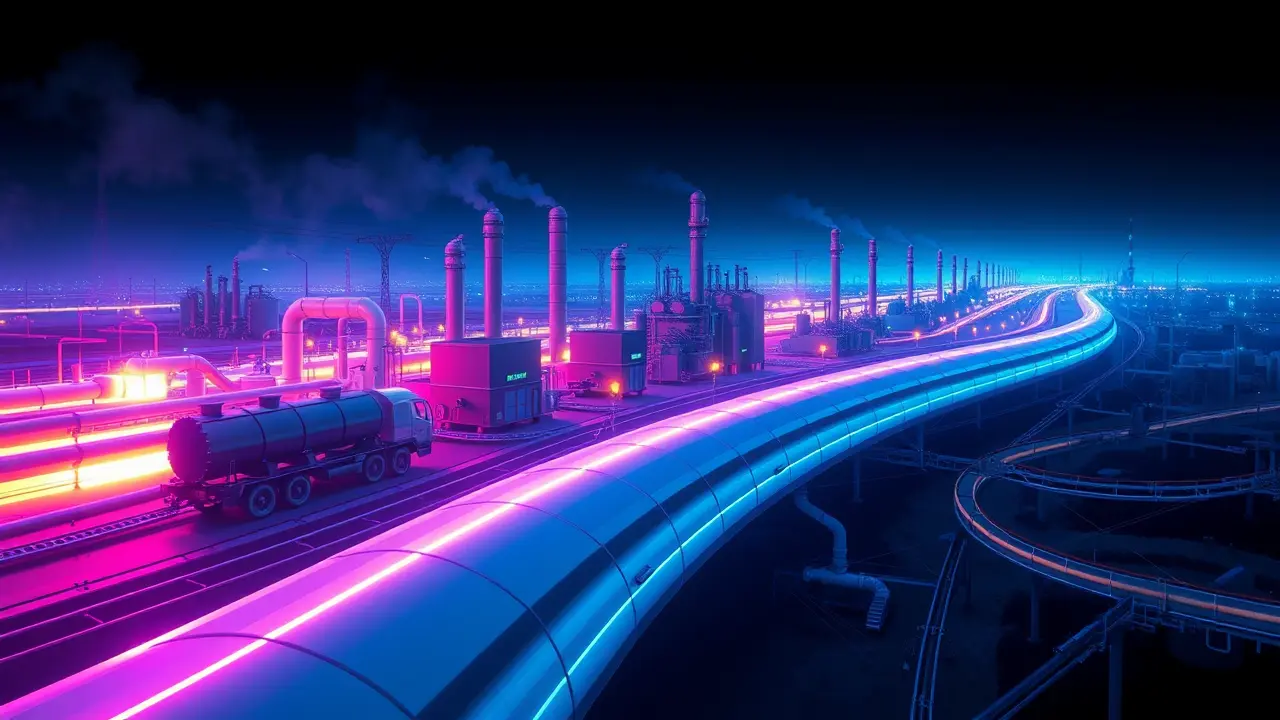Ukraine's New Weapons Cause Russian Gas Shortages
The strategic calculus of the conflict in Eastern Europe has undergone a seismic shift, one that is now being felt in the very homes and industries of the Russian Federation. Ukraine, once heavily dependent on foreign military aid, has rapidly transformed into a bristling hub of defence innovation, a nimble and relentless incubator for asymmetric warfare.This isn't merely about battlefield gains; it's about targeting the foundational pillars of the adversary's war economy. The recent reports of Russian gas shortages are not a coincidence or a simple case of infrastructure decay, but a direct and calculated consequence of this new Ukrainian ingenuity.Where traditional armies might see a front line, Ukrainian strategists see a complex web of interdependencies, and they have begun to sever the threads one by one. Their focus has pivoted from merely holding territory to systematically dismantling Russia's capacity to wage war, and the energy sector—the lifeblood of both the Kremlin's treasury and its military logistics—has become a primary theatre of operations.This represents a profound evolution in modern conflict, moving beyond the kinetic exchange of artillery shells to a more sophisticated, strategic-level campaign aimed at economic and logistical paralysis. The drones and long-range systems now being deployed with devastating effect against refineries, storage depots, and distribution networks are not off-the-shelf technology; they are the products of a wartime tech boom, developed in clandestine workshops and tech parks, embodying a blend of ingenuity and sheer necessity.The potential consequences are staggering: a sustained campaign could cripple Russian export revenues, fuel domestic discontent as energy prices spike, and force a costly reallocation of military assets to protect previously secure rear areas. For risk analysts, this signals a dangerous new phase of escalation, where the economic stability of a major global power is directly in the crosshairs.The Kremlin now faces a dilemma with no good outcomes—either accept the gradual erosion of a key economic sector or escalate militarily in a way that could provoke even greater international backlash. The war is no longer just in the trenches of Donbas; it is being fought in the pipelines and balance sheets, and Ukraine is proving that in the 21st century, a clever algorithm can be as decisive as a battalion of tanks.
It’s quiet here...Start the conversation by leaving the first comment.
© 2025 Outpoll Service LTD. All rights reserved.
